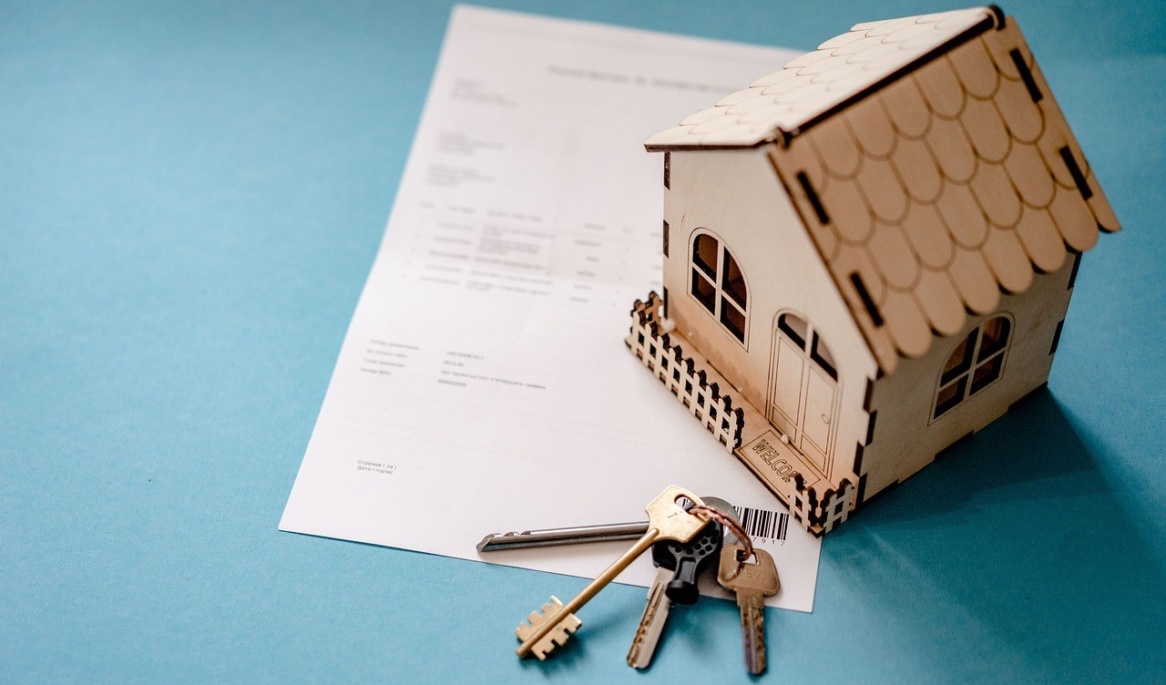What happens when your ex-husband is delaying the property settlement? Or your ex-wife? We look to address this frustrating issue and provide practical advice on how to move forward. Understanding your rights and the legal options available can help you navigate this challenging situation.
Understanding Property Settlement
Property settlement refers to the division of assets and liabilities between parties following a separation or divorce. This process ensures both parties receive a just and equitable share of property (assets, liabilities, super, financial resources). In Australia, property settlement is governed by the Family Law Act 1975, which provides a legal framework for resolving these disputes.
The goal is to reach an agreement that considers each party’s financial and non-financial contributions, as well as their future needs. This includes the value of properties, savings, investments, and any debts incurred. Achieving a just and equitable property settlement can help both parties move on and rebuild their lives post-separation.
If you are currently facing the end of a relationship and need assistance with property settlement, contact Daykin Family Law for expert guidance and support.
Legal Obligations and Timeframes
Timeframes for Property Settlement
For married couples, property settlement applications must be filed in the court within 12 months of the divorce being finalised.
For de facto relationships, the timeframe is two years from the date of separation.
For applications out of time, the court’s leave must be sought.
Legal Obligations
Both parties are legally obligated to provide full and frank disclosure of financial information. This includes details of assets, liabilities, income, and any other relevant financial resources, as some examples.
Court Involvement
If an agreement cannot be reached through negotiation or mediation, it may be necessary to involve the court. The court will consider various factors to determine a just and equitable settlement, including the contributions of each party and their future needs.
Steps to Take
- Seek Legal Advice: Consult with an expert family lawyer to understand your rights and obligations.
- Gather Documentation: Prepare all necessary financial documents to facilitate the process.
- Consider Mediation: Attempt to resolve disputes through mediation before resorting to court.
Common Reasons for Delaying Property Settlement
Financial Gain: An ex-husband, ex-wife or partner might delay property settlement to gain a financial advantage. For example, they might hope to negotiate a more favourable outcome or benefit from changes in market conditions.
Emotional Reasons: Emotions can play a significant role in delays. An ex-husband or wife may find it difficult to let go or may use the delay as a means of maintaining control or prolonging the connection.
Lack of Co-operation: Sometimes, delays occur simply because one party is uncooperative or unwilling to engage in the settlement process. This can sometimes stem from a lack of understanding, unwillingness to compromise, or a desire to complicate the process for the other party.
Disputes Over Valuation: If both parties cannot agree on the value of shared assets, the settlement process can become prolonged as valuations are reassessed and negotiated.
Legal and Procedural Delays: Legal complexities and procedural requirements can also contribute to delays. This might include incomplete documentation, waiting for court dates, or navigating mediation processes.
Steps to Encourage Co-operation
Open Communication: Clearly communicating honestly and openly your concerns and the impact of the delay may encourage your ex to engage in the process.
Mutual Benefits: Highlighting the benefits of finalising the settlement such as, financial independence, closure, and the ability to reinvest assets for both parties can also encourage co-operation.
Mediation: This involves a neutral third party who helps facilitate discussions and negotiations. It provides a structured environment to address concerns and reach mutually agreeable solutions. Mediation can often help in resolving disputes outside of court.
Legal Counsel: Lawyers can help guide you through the process and also communicate on your behalf, reducing direct confrontation and ensuring that legal procedures are followed.
Formal Requests: If informal attempts to resolve the delay are unsuccessful, a formal request to progress towards final settlement through your lawyer may be necessary.
Court Intervention As a last resort, applying to the Federal Circuit and Family Court for orders to essentially force property settlement is sometimes necessary.
How to Progress a Property Settlement
When your ex-partner is delaying property settlement, and all efforts to encourage co-operation have failed, it may be time to consider legal action.
- Consult with an Expert Family Lawyer
An expert family lawyer will guide you through the process, explain your rights, and help you understand your options. Having legal support ensures you take the correct steps from the start.
- File an Application with the Federal Circuit and Family Court of Australia
If delays persist, your lawyer can help you file an application with the Federal Circuit and Family Court of Australia. This application essentially asks the court to step in and make binding decisions about the division of assets. You’ll need to provide documents such as a financial statement and an affidavit outlining your case.
- Engage in Mediation or Conciliation
Often, the court will order both parties to attend mediation or conciliation sessions. These are opportunities to resolve the dispute with the help of a neutral third party. This step is crucial as it is an opportunity to settle without going to a trial, which can save parties financially and emotionally.
- Prepare for a Court Hearing
If mediation doesn’t result in an agreement, the matter will proceed to a final court hearing. Here, both parties present their arguments, and the court will decide on a just and equitable division of property. The court considers, among other things, contributions, future needs, and other relevant factors to ensure an equitable outcome.
- Enforce the Court’s Decision
Once the court has issued its orders, they are legally binding. If your ex-partner does not comply, further legal action may be necessary. You can apply for enforcement orders to ensure the settlement is carried out as decided by the court.
- Keep Detailed Records
Throughout this process, maintain comprehensive records of all communications and actions taken. This documentation can strengthen your case in court and is essential for enforcing any orders made.
The Importance of Legal Advice
Seeking legal advice ensures that your rights are protected, and the process is handled efficiently. At Daykin Family Law, our experienced team is here to guide you every step of the way, offering empathetic and clear advice personalised to your unique situation. Don’t face these challenges alone—reach out to Daykin Family Law for expert support and start moving forward with confidence.



















